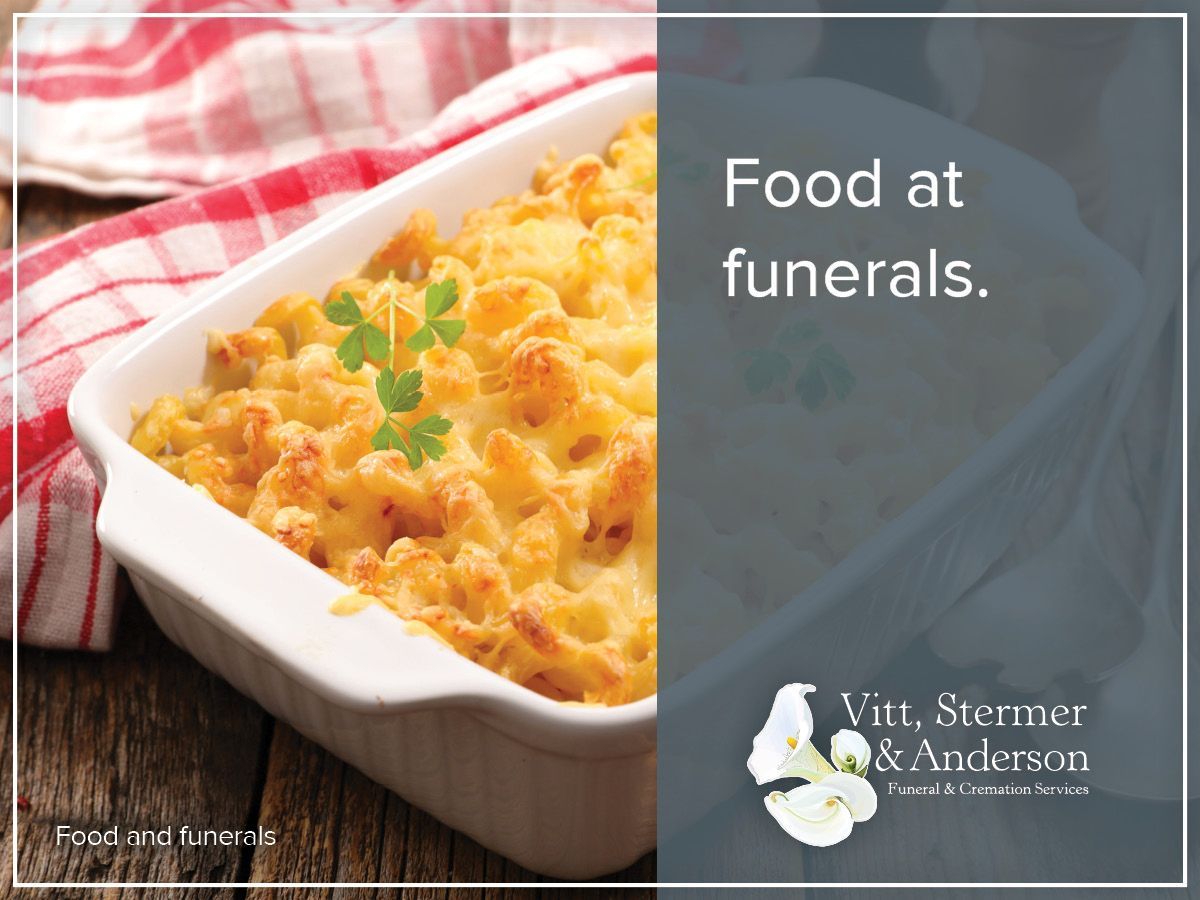How Long Does Cremation Take?
If you’re considering cremation for your loved one, you’re not alone. In 2020, the rate of cremation in the United States was 56.1 percent, and that number is only expected to climb. By 2030, it’s estimated that the cremation rate will be all the way up to 72.8 percent. So, what should you expect when you decide to cremate a loved one? Let’s take a look at how long the process takes and how cremation affects funeral planning.
How long does cremation take?
The actual cremation process typically takes between one and three hours, though processing the remains adds an additional two hours. However, that doesn’t mean that cremation happens the same day as someone’s passing. The process of getting approval for cremation all the way until the remains can be returned to a family usually occurs between four and 15 business days.
Many states have laws that require cremation if someone is not embalmed or refrigerated within a certain amount of time. However, most often, the entire cremation process takes longer than that time frame. If a family does not want embalming to occur before cremation, the body will need to be refrigerated while they wait for proper approval.
How is someone approved for cremation?
First, your loved one will need to be identified. This step is crucial to ensure that, after someone is cremated, they have the right identification. Getting approval for cremation varies by state, but they do all follow a similar path. For one thing, the funeral home staff will always have to receive a death certificate before they can proceed. They will also need authorization from the decedent’s next-of-kin in the form of a Cremation Authorization Form. The next-of-kin is typically a spouse, but the decision falls to the children if no spouse is around. If there are multiple children, all of them must sign and agree to the form. Some states may also require a waiting period before someone can be cremated, though this can be overridden if there’s a public health concern.
Once the death certificate and authorization form are signed, the county will have to issue a cremation permit. In addition to the fee for obtaining the death certificate, some counties also charge a small fee for a cremation permit. Generally, these fees will be added to the price of cremation by your funeral home.
Can you have a funeral after someone is cremated?
Funerals are very individualized events, and as such, you have options when it comes to planning one for a loved one. Although many people prefer to have their loved ones present in a casket for a funeral, you can decide to cremate your loved one before the ceremony. If you opt to do this, your loved one may not have to be embalmed. You’ll be waiting to hold the funeral until after the entire cremation process is concluded.
There are no rules regarding when you have to hold a funeral if your loved one is already cremated. You may choose to have it soon after cremation ends or decide to hold off for some weeks or months. This form of cremation is referred to as cremation with a memorial service, and the ashes of your loved one may or may not be present. That decision is up to you.
You can also choose to forgo a funeral altogether. In a cremation only situation, also known as “direct cremation,” the funeral home or crematory will work to process the cremation as quickly as possible. The ashes will be returned to you without the funeral home working with you to plan any funeral or memorial service.
But because most states have laws that require embalming or refrigeration to occur within a specific time frame after death, your loved one may have to be embalmed or refrigerated if you choose to have a funeral before cremation. This form of cremation is typically referred to as cremation with a traditional service.
If you have any questions about the cremation of your loved one, it’s best to talk to your funeral director. Especially considering that each state and even county can have different laws about when and how cremation has to happen, your funeral director will have a wealth of knowledge from years of experience operating within those laws. When it comes to funeral planning, opting for cremation doesn’t have to change what you want your loved one’s funeral to look like. In fact, it can open the door for more choices as to when to hold the funeral or memorial service.












